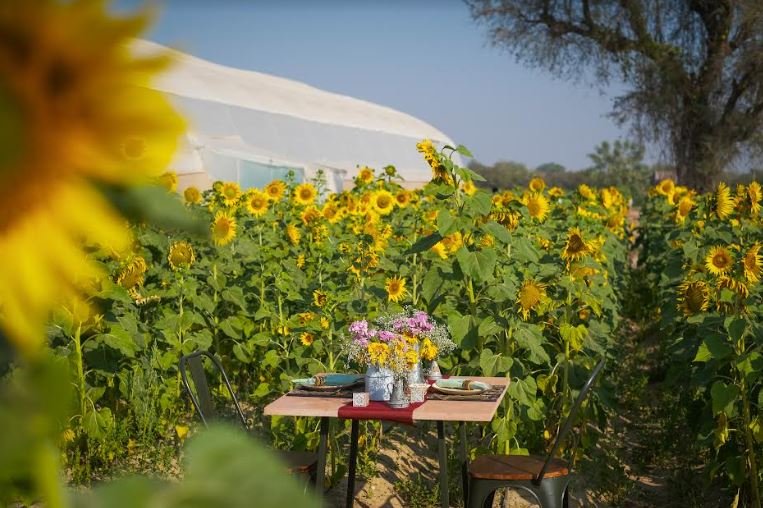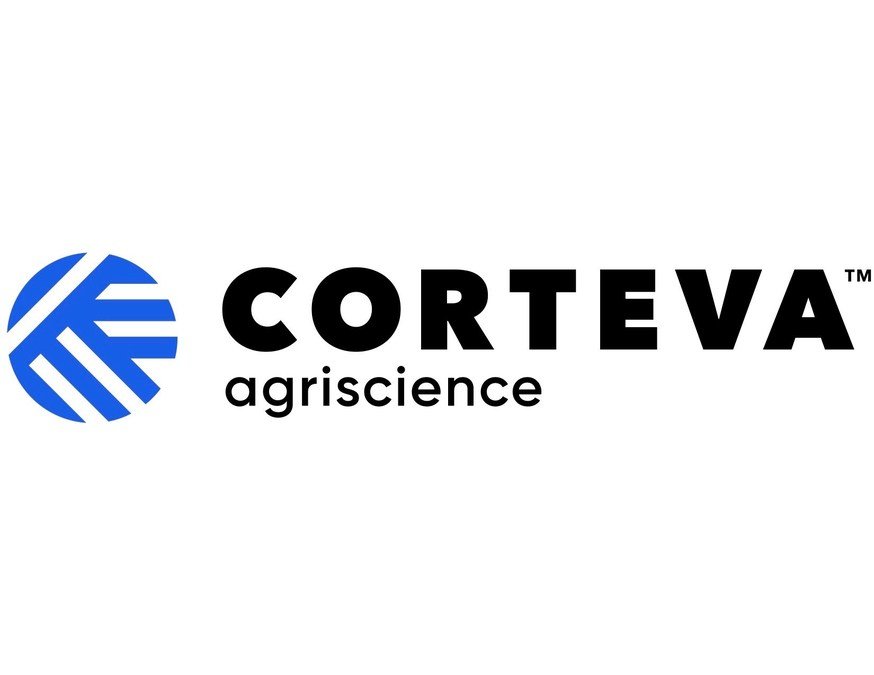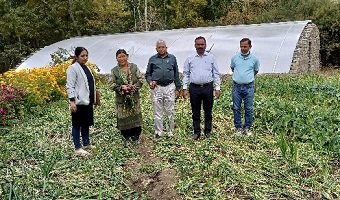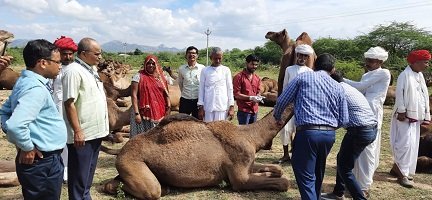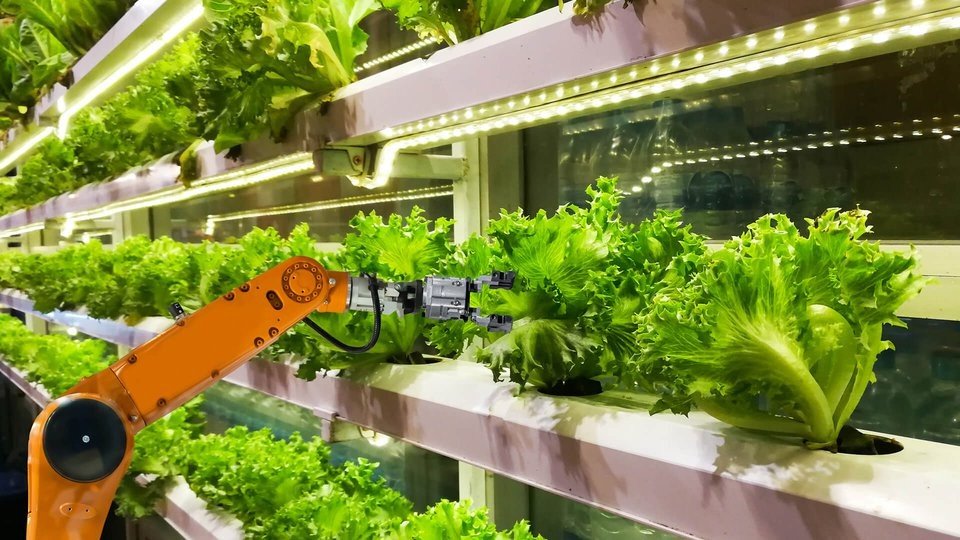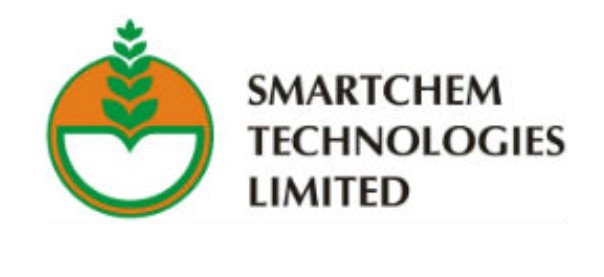Tomar summarises successful agri initiatives at MahaFPC AGM
PM Modi works on an action plan to end inequality in the country
The Union Minister for Agriculture and Farmers Welfare, Narendra Singh Tomar during the 8th General Meeting in Pune said that the Government of India, under the leadership of Prime Minister Narendra Modi, is working towards the development of villages-the poor and farmers, making their lives better.
Tomar said that in 2015 the Prime Minister had said that farmers’ income should be doubled. Towards this goal, the Central and State governments, along with FPOs and all other organisations related to Agriculture, worked together, which is benefiting the farmers of the country today. The income of lakhs of farmers has increased from more than double to five to ten times, and for the first time in the country a scheme has been launched which accords dignity to the farmers.
He said that the government has set up the Agri Infra Fund worth IRs one lakh crore to boost agricultural infrastructure. Besides, packages worth Rs 1.5 lakh crore have been rolled out for Agriculture and allied works in the villages. Projects worth INR 14,000 crores has already been approved from under the Agri Infra Fund.
The benefits will start percolating to the farmers in the coming days. Tomar said that there are 86 percent small farmers in the country; in order to empower them 10,000 new FPOs are being constituted. The government is trying to provide all the necessary facilities to the farmers.
PM Modi works on an action plan



